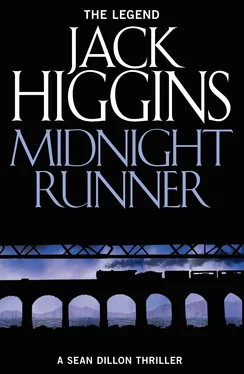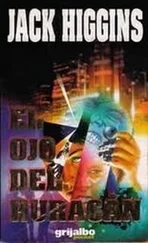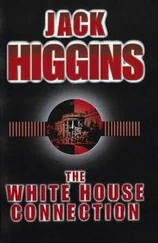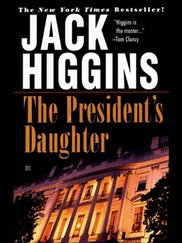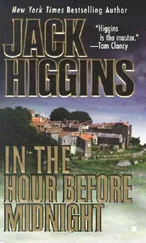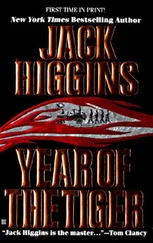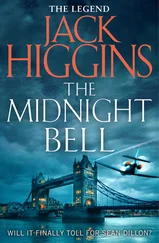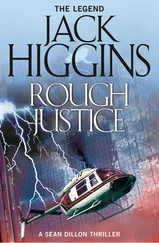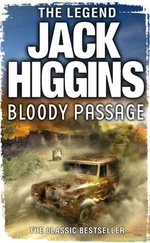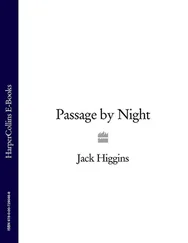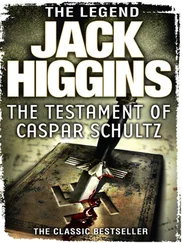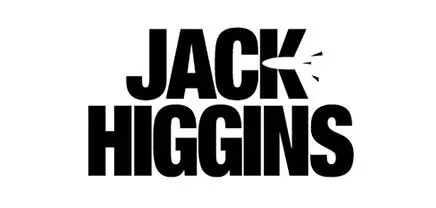

Published by HarperCollins Publishers Ltd
1 London Bridge Street
London SE1 9GF
www.harpercollins.co.uk
First published in Great Britain by HarperCollins Publishers 2002
Copyright © Harry Patterson 2002
Cover layout design © HarperCollins Publishers Ltd 2015
Harry Patterson asserts the moral right to be identified as the author of this work.
A catalogue copy of this book is available from the British Library.
This novel is entirely a work of fiction. The names, characters and incidents portrayed in it are the work of the author’s imagination. Any resemblance to actual persons, living or dead, events or localities is entirely coincidental.
All rights reserved under International and Pan-American Copyright Conventions. By payment of the required fees, you have been granted the non-exclusive, non-transferable right to access and read the text of this e-book on screen. No part of this text may be reproduced, transmitted, down-loaded, decompiled, reverse engineered, or stored in or introduced into any information storage and retrieval system, in any form or by any means, whether electronic or mechanical, now known or hereinafter invented, without the express written permission of HarperCollins.
Source ISBN: 9780008124915
Ebook Edition © August 2015 ISBN: 9780007381586
Version: 2015-07-20
Death is the Midnight Runner.
Arab proverb
Contents
Cover
Title Page
Copyright
Epigraph
IN THE BEGINNING
Chapter 1
WASHINGTON LONDON
Chapter 2
Chapter 3
Chapter 4
LONDON OXFORD HAZAR
Chapter 5
Chapter 6
HAZAR
Chapter 7
Chapter 8
OXFORD LONDON
Chapter 9
Chapter 10
Chapter 11
LONDON BOSTON WASHINGTON LONDON
Chapter 12
Chapter 13
Chapter 14
HAZAR
Chapter 15
LONDON DAUNCEY PLACE
Chapter 16
About the Author
ALSO BY JACK HIGGINS
Further Reading
About the Publisher
IN THE BEGINNING
Daniel Quinn was a good Ulster name. Belfast Irish Catholic, as a young man, his grandfather had fought with Michael Collins during the Irish War of Independence, and then, a price on his head, he’d fled to America in 1920.
He’d become a construction worker in New York and Boston, but it was as a member of that most secret of Irish societies, the Irish Republican Brotherhood, that he’d begun to gain real power. Employers learned to fear him. Within a year, he was an employer himself and on his way to becoming a millionaire.
His son, Paul, was born in 1921. From an early age, Paul was obsessed with flying, and in 1940, while a student at Harvard, he’d travelled to England on impulse and, using his father’s name, joined the RAF as a fighter pilot, an American volunteer.
His father, anti-Brit, was horrified and then proud of him. Paul earned a DFC in the Battle of Britain, and then moved on to the American Army Air Force in 1943 and earned another one there. In 1944, however, Paul Quinn was badly shot up in a Mustang fighter over Germany. Luftwaffe surgeons did what they could, but he would never be the same again.
Released from prison camp in 1945, he went home. His father had made millions out of the war, and Paul Quinn married and had a son, Daniel, born in 1948, though his mother died in childbirth. Paul Quinn never completely regained his health, however, and contented himself as an attorney in the legal department of the family business in Boston, a sinecure, really.
Daniel, a brilliant scholar, also went to Harvard, to study economics and business administration, and by the time he was twenty-one, he had his master’s degree. The logical next step would have been to go into the family business, which now numbered hundreds of millions of dollars’ worth of property, hotels and leisure, but his grandfather had other ideas: a doctorate, and then a glittering future in politics were what he had in mind.
Strange how life often swings on small things. Watching TV one evening, seeing the death and carnage in Vietnam on the news, the old man expressed his disapproval.
‘Hell, we shouldn’t even be there.’
‘But that isn’t the point,’ Daniel replied. ‘We are there.’
‘Well, thank God you’re not.’
‘So we leave it to the black kids who never stood a chance, to the working-class kids, to Hispanics? They’re getting slaughtered by the thousands.’
‘It’s not our business.’
‘Well, maybe I should make it mine.’
‘Damn fool,’ the old man said, a little fearful. ‘Don’t you do anything stupid, you hear me?’
The following morning, Daniel Quinn presented himself at the downtown Army recruiting office. He began with the infantry, and then joined Airborne as a paratrooper. His first tour brought him a Purple Heart for a bullet in the left shoulder and a Vietnamese Cross of Valour. Home on leave, his grandfather saw the uniform, the medals, and cried a little, but Irish pride won the day.
‘I still say we shouldn’t be there,’ he said, looking at his grandson’s tanned face, the skin taut over the cheekbones. There was something in his eyes that hadn’t been there before.
‘And I say again, we are, so we have to do it right.’
‘What about a commission?’
‘No, Granddad. Sergeant is fine.’
‘You’re crazy.’
‘I’m Irish, aren’t I? We’re all a little crazy.’
His grandfather nodded. ‘How long have you got home?’
‘Ten days.’
‘Then straight back?’
Daniel nodded. ‘I’m going into the Special Forces.’
The old man frowned. ‘What’s that?’
‘You don’t want to know, Granddad, you don’t want to know.’
‘Well, try and have a good time while you’re here. See a few girls.’
‘I surely will.’
Which he did, and then it was back to the green hell of Vietnam, the constant throbbing of the helicopters, death and destruction all around, all the roads inevitably leading to Bo Din and his own personal appointment with destiny.
Camp Four was deep in the bush north of the Mekong Delta, the river snaking through marshland, great banks of reeds and the occasional village. It was raining that day, a monsoon kind of rain that hung like a grey curtain, making it difficult to see much. Camp Four was a jumping-off point for Special Forces deep penetration operations, and Quinn had been ordered there just as they’d lost their master sergeant.
As usual, he’d hitched a lift in a Medevac helicopter, but, things being stretched, this contained only one pilot and a young medic-cum-air gunner named Jackson, who sat at the heavy machine gun and peered out the open door. The helicopter dropped lower as visibility became worse in the rain. There were paddy fields below, the brown line of the river, and Quinn stood, held on, and looked down.
A sudden explosion came over to the right, flames mushrooming, and as the pilot banked, a village emerged from the rain, some of the houses on stilts on the river. Quinn saw canoes and fishermen’s flatboats, people crowding into them, some of them already pushing off. He also saw Vietcong in straw hats and black pyjamas, heard the distinctive crack of AK47s, and below him people began toppling from boats into the water.
Читать дальше
